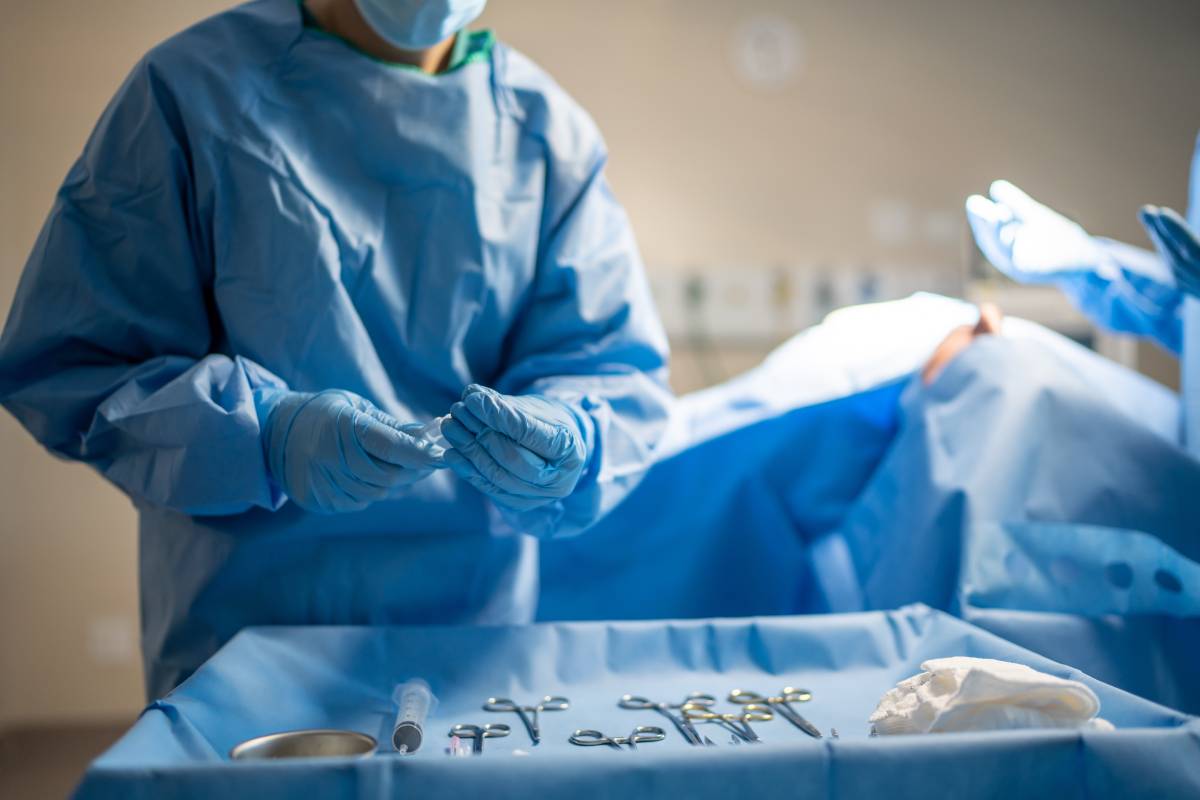What Are Surgical Drapes? – Kentucky Anesthesia Partners

Surgery start time can be influenced by a wide range of factors, from logistical challenges to clinical considerations. These variables can affect surgical efficiency, patient outcomes, and the overall functioning of healthcare systems. Understanding these factors is crucial for optimizing surgical schedules and ensuring timely, safe procedures.
One key factor influencing surgery start time is the patient’s preoperative preparation. Surgeons, anesthesiologists, and nurses must ensure that the patient is ready for surgery, which includes obtaining medical history, conducting laboratory tests, and confirming the patient is fasting, if necessary. Preoperative imaging and screenings are also vital, and delays in completing these tasks can push back start times. Last-minute changes in the patient’s condition, such as fluctuations in blood pressure or an allergic reaction to anesthesia, may also cause delays as the team aims to stabilize the patient 1.
The coordination of the perioperative team is another significant factor. A typical team includes the surgeon, anesthesiologist, surgical nurses, and other specialists, all of whom must be present and prepared for the surgery. If any member of the team is delayed or unavailable, the surgery may be postponed. Delays can occur due to emergencies in other operating rooms, scheduling conflicts, or another procedure overrunning its scheduled time. Additionally, specialized surgeons or anesthesiologists may not always be available, especially for complex surgeries 2–4.
The availability of operating rooms plays a critical role in surgery start times. Surgical facilities often have limited ORs, and scheduling conflicts can arise; surgeons may need to adjust start times to accommodate the availability of the OR. Delays may also occur if previous surgeries run over their allotted time or if the operating room requires extra cleaning or setup between procedures. In facilities with high patient volumes or specialized procedures, managing OR availability can be a complex challenge 5,6.
In addition, anesthesia preparation and equipment setup are also crucial factors affecting surgery start time. The anesthesia team must ensure all medications and equipment are ready and functioning properly, including calibrating anesthesia machines and confirming drug dosages. Similarly, the surgical team must ensure that all required instruments and devices are sterile and ready for use. Delays in equipment availability or malfunctioning devices can significantly impact the start time, as can the need for additional preparation or sterilization of specific instruments 7,8.
Patient-related factors also play an important role. These can include anxiety, mobility issues, or difficulties with anesthesia induction. For example, patients with anxiety may require additional time to be sedated or reassured before surgery. Those with complex medical histories may need more time for preparation or monitoring, which can cause delays. Ensuring that the patient is adequately prepared and comfortable is essential to a successful surgical outcome 7,9.
Surgery start time is shaped by multiple factors, from preoperative preparation and team coordination to operating room availability and patient-specific needs. By understanding and managing these variables, healthcare providers can optimize surgical scheduling, leading to timely surgeries, better patient care, and more efficient healthcare delivery.
References
1. Meneveau, M. O. et al. Patient and Personnel Factors Affect Operating Room Start Times. Surgery 167, 390–395 (2020). DOI: 10.1016/j.surg.2019.08.011
2. Firde, M., Ayine, B., Mekete, G., Sisay, A. & Yetneberk, T. Root causes of first-case start time delays for elective surgical procedures: a prospective multicenter observational cohort study in Ethiopia. Patient Saf Surg 18, 23 (2024). DOI: 10.1186/s13037-024-00405-z
3. Cassera, M. A., Zheng, B., Martinec, D. V., Dunst, C. M. & Swanström, L. L. Surgical time independently affected by surgical team size. The American Journal of Surgery 198, 216–222 (2009). DOI: 10.1016/j.amjsurg.2008.10.016
4. Meyers, A. et al. Quantifying the impact of surgical teams on each stage of the operating room process. Front. Digit. Health 6, (2024). DOI: 10.3389/fdgth.2024.1455477
5. Hara, K. et al. Development of an estimation formula for preparation time of anesthesia induction and surgery accounting for clinical department factors in optimal surgery schedule management. Sci Rep 14, 25185 (2024). DOI: 10.1038/s41598-024-75631-7
6. Gupta, B., Agrawal, P., D’souza, N. & Soni, K. D. Start time delays in operating room: Different perspectives. Saudi J Anaesth 5, 286–288 (2011). DOI: 10.4103/1658-354X.84103
7. Al Amin, M., Baldacci, R. & Kayvanfar, V. A comprehensive review on operating room scheduling and optimization. Oper Res Int J 25, 3 (2024). DOI: 10.1007/s12351-024-00884-z
8. Sasano, N. et al. Time progression from the patient’s operating room entrance to incision: factors affecting anesthetic setup and surgical preparation times. J Anesth 23, 230–234 (2009). DOI: 10.1007/s00540-008-0713-4
9. Okeke, C. J. et al. Delay of Surgery Start Time: Experience in a Nigerian Teaching Hospital. Nigerian Journal of Surgery 26, 110 (2020). DOI: 10.4103/njs.NJS_61_19